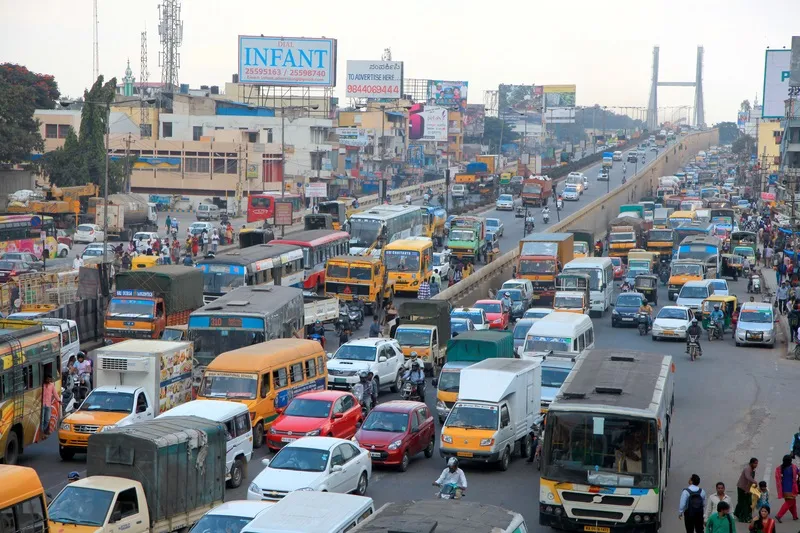Virgin Hyperloop One has signed a Memorandum of Understanding with the Government of Maharashtra to conduct a preliminary study in the Indian region. The test aims to analyse the applicability and benefits of hyperloop technology, identify high priority routes within the State based on demand analysis and socio-economic benefits, and inform the Government of any future decision to progress to the full project stage.
Hyperloop One could benefit passengers by reducing a three hour car journey from Mumbai to Prune to 14 minutes. In addition, it has the potential to streamline airport connectivity, such as connecting Pune's new Purandar Airport to the city center or Navi Mumbai International Airport to Chhatrapati Shivaji International Airport. To improve passenger and freight transportation, it could also look at connecting Nagpur, which is in the easternmost part of Maharashtra, with Mumbai and Pune.
According to the Ministry of Road Transport and Highways, 65% of freight is transported on the country’s congested road networks.
Hon. chief minister of Maharashtra, Shri. Devendra Fadnavis, said: A hyperloop route requires high-density traffic to become viable as a means of rapid public transit. Mumbai and Pune, the most and seventh most populous cities in India respectively, have the potential to provide an optimal route with a high density. By reducing travel time to under 20 minutes, a hyperloop route will help intensify the connectivity between the metropolitan regions of Pune and Mumbai, transforming the two cities into India's first and largest Megapolis,".
Virgin Hyperloop signs MoU with Government of Maharashtra on preliminary study
Virgin Hyperloop One has signed a Memorandum of Understanding with the Government of Maharashtra to conduct a preliminary study in the Indian region. The test aims to analyse the applicability and benefits of hyperloop technology, identify high priority routes within the State based on demand analysis and socio-economic benefits, and inform the Government of in any future decision to progress to the full project stage. Hyperloop One could benefit passengers by reducing a three hour car journey from Mumbai
November 17, 2017
Read time: 2 mins








